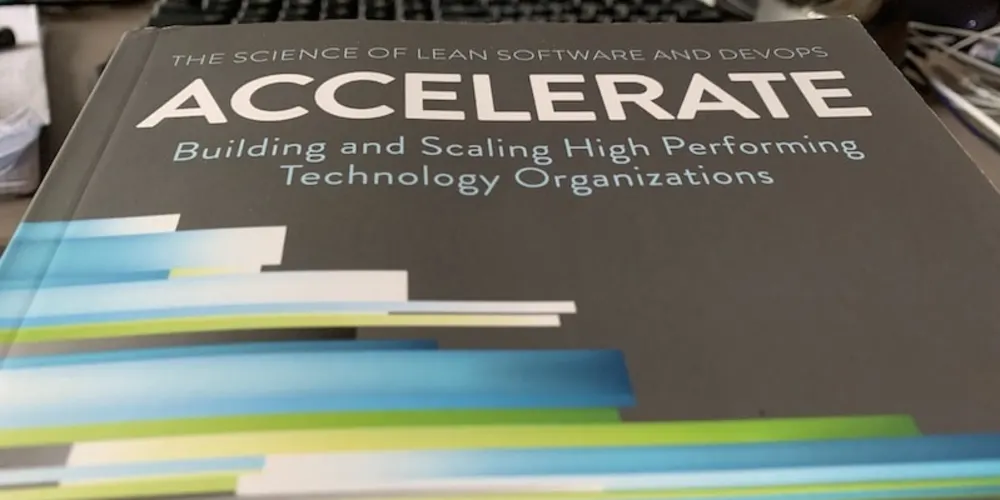What it is all about
The organizations transform into digital ones with increasing pace. New enterprises are frequently digital first. Despite the differences, both types of organizations are willing to increase the speed they introduce new value to their customers in particular and the overall organizational efficiency in general.
However what exactly does that mean? How do you measure the velocity? What actions you should take to affect it? How do you understand if those actions work? Those are the questions the book tries to answer.
Software Development Capabilities
The book describe 5 groups of business capabilities crucial to digital organizations:
- Continuous Delivery
- Architecture
- Product and Process
- Lean Manufacturing
- Culture
The improvements in each of those areas positively affect the efficiency of the organization.
Measuring the efficiency
The books picks the 4 indicators to measure the efficiency of the organization: delivery time, frequency of delivery, mean restore time and a percentage of failed deliveries.
It also claims that the better indicators correlate with higher efficiency of organization in terms of profitability, market share and performance(which in my understanding basically means being successful in business). It also correlates with return on investments(ROI).
Affecting the culture
You will find a lot of practices you should apply in your organization starting with continuous integration, monitoring and trunk-based development and finishing with louse coupling of services and managing test data. But the most important change is culture: transforming it is the most beneficial. Making the focus on making the people satisfied and involved improves organizational efficiency. The trick for me here became the fact that actually technical practices helps people avoid burn outs; satisfied people bring better tech. That way the organization can unlock the continuous improvement which is the only way to become and stay the leader. This also corresponds a lot with the Theory of Constraint, which is touched in the Critical Chain book.
What I liked and what not
The book brings the result of an ongoing research backed with tons of data. You can call it a true research on how the DevOps practices help organizations move faster, increasing their efficiency both in terms of technology and business. It also provides a framework to apply the changes and measure the outcomes.
However, the book itself is a bit academic: I would appreciate a little more informal approach and a higher number of examples.
Recommendations
Solution Architects. This book is an absolute must.
Software Engineers. The books will give you an understanding how to change your development practices to increase the value and your own job satisfaction at the same time.
System Engineers. The book will help to understand what are the main areas you should focus your engineering effort on.
Rating
I am giving the book 4 out of 5 for great value it brings.
Don't forget to smile alright! 🤩
Also, if you liked the article, don't forget to Subscribe to get notified once a new article is published. Sharing the article in your social networks are always welcome as well.
The discussion is open in the comments section down below :)

